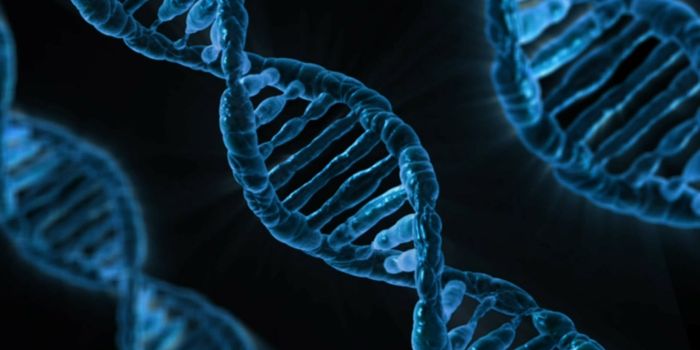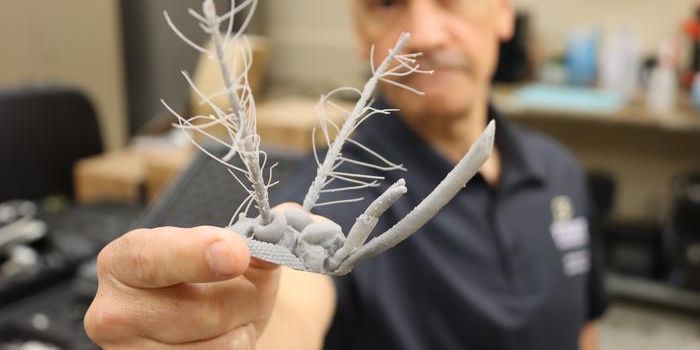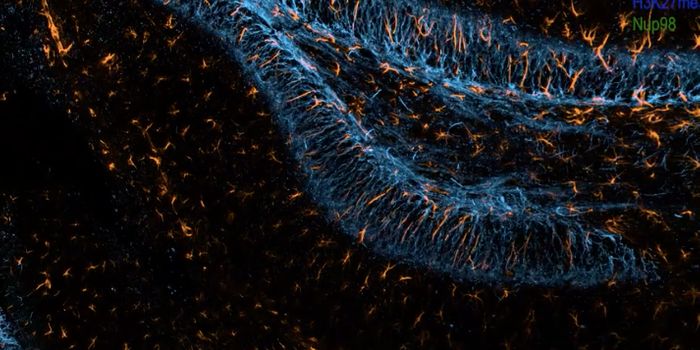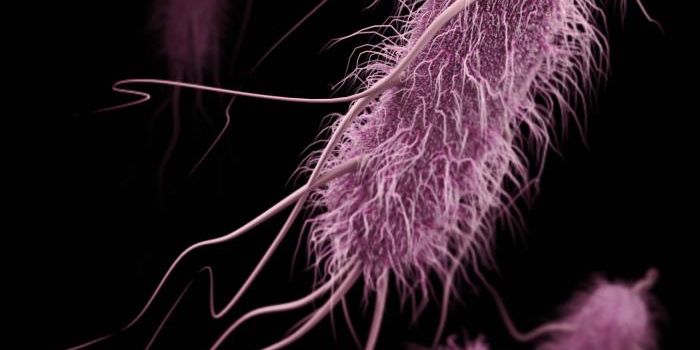Grad Student Highlights: Al Ibtida Sultana (Florida Institute of Technology)
Al Ibtida Sultana is a Chemical Engineering PhD Candidate at the Florida Institute of Technology whose research focus involves waste biomass utilization with the goal of developing materials for carbon capture and hydrogen energy storage, which she began in Spring 2020. This comes after earning her Bachelor’s Degree in Chemical Engineering from the Bangladesh University of Engineering and Technology in 2019. In her free time, Sultana enjoys making desserts and traveling.
“Recalling my early days of schooling, ‘water cycle’ always had a sweet spot in my heart as the interconnected process fascinated me and opened my eyes in realizing how interdependent our survival is,” said Sultana. “Growing up in Bangladesh, a densely populated country with scarce resources, it was a day-to-day part of my life to witness electricity blackouts, public waste bins with overflowing garbage, and recurrent news of flooding at various low-lying regions severely affecting the poor.”
Sultana wanted to utilize the advantage of being the first woman in STEM in her clan by pursuing education in engineering with the goal of developing solutions to the problems that the Bangladeshi people predominantly face. This decision ultimately led her to chemical engineering, which she describes as a diverse discipline encompassing clean energy technologies along with environmental remediation.
While Sultana agrees that grad can be considered a “double-edged sword”, she also views it as an opportunity since she embraces challenges and says challenges lead to self-growth.
“Being in the 3rd year of my Ph.D., when I look back, I certainly see a lot of failures, from experimentation errors to machines breaking down to journal rejections,” said Sultana. “On the other hand, in the mirror I can also see an evolving person who is gaining a good grasp of the ‘double-edged sword’ while strengthening her ability to conduct and disseminate impactful research findings, leading her to the opportunity of authoring more than 10 peer-reviewed articles and conference proceeding papers in addition to the numerous outstanding graduate presenter awards in conferences along with the prestigious ‘Student of the Year’ award from Florida Tech.” Sultana says that while grad school might be considered a ”double-edged sword”, it can also act as a transformative key that unlocks doors of success and growth if “we are persistent in our effort and dedicate ourselves unconditionally.”
Sultana decided to work with Dr. M. Toufiq Reza, saying his pursuit of unleashing the potential for biomass waste for energy and environment aligned with her own research interests.
“Dr. Reza’s record of impactful research in thermochemical conversion and energetic mentorship is what particularly drew me to the Biofuels Lab at Florida Tech, where what I love the most is the endless possibilities of collaborative research, both within and beyond my research team, with utmost flexibility and availability of state-of-the art facilities for required experimentation,” said Sultana.
While Sultana believes grad students in her field face numerous research problems because of the acceleration of both global warming and energy crises, she says one of the challenges for grad students in her field is to both find and foster the correct problem with quality independent research so today’s grad students can be the “leaders of tomorrow.”
“Also, from my experience, as my graduate study was initially affected during the onset of the COVID pandemic, networking using virtual platforms was a key barrier and hence mastering the art of quick adaptation by graduate students is an essential skill in the ever-changing world of today,” said Sultana.
After grad school, Sultana aspires to further enhance her research training involving hydrogen storage and carbon capture technologies. She also wishes to pursue avenues to obtain research funding and learn more about government policies while building her network.
“Coincidentally, like most other kids, I used to always love being a teacher,” said Sultana. “Growing up, the vision of seeing myself as a teacher is still intact with the added thirst of researching for solutions in the arena of clean energy and environment. With every opportunity of researching and training fresh graduate and undergraduate students on our research team, I could witness how youth is blessed with the passion and energy which has the power to transform the world. Down the line, I would certainly love to lead such inquisitive minds in order to solve global problems through impactful research. Hence, 5-10 years from now I visualize myself as a professor, who is not only researching keeping her countrymen’s crisis in mind but also transferring knowledge and expertise to the inquisitive minds of youth, both in and beyond the classroom.”
As always, keep doing science & keep looking up!










